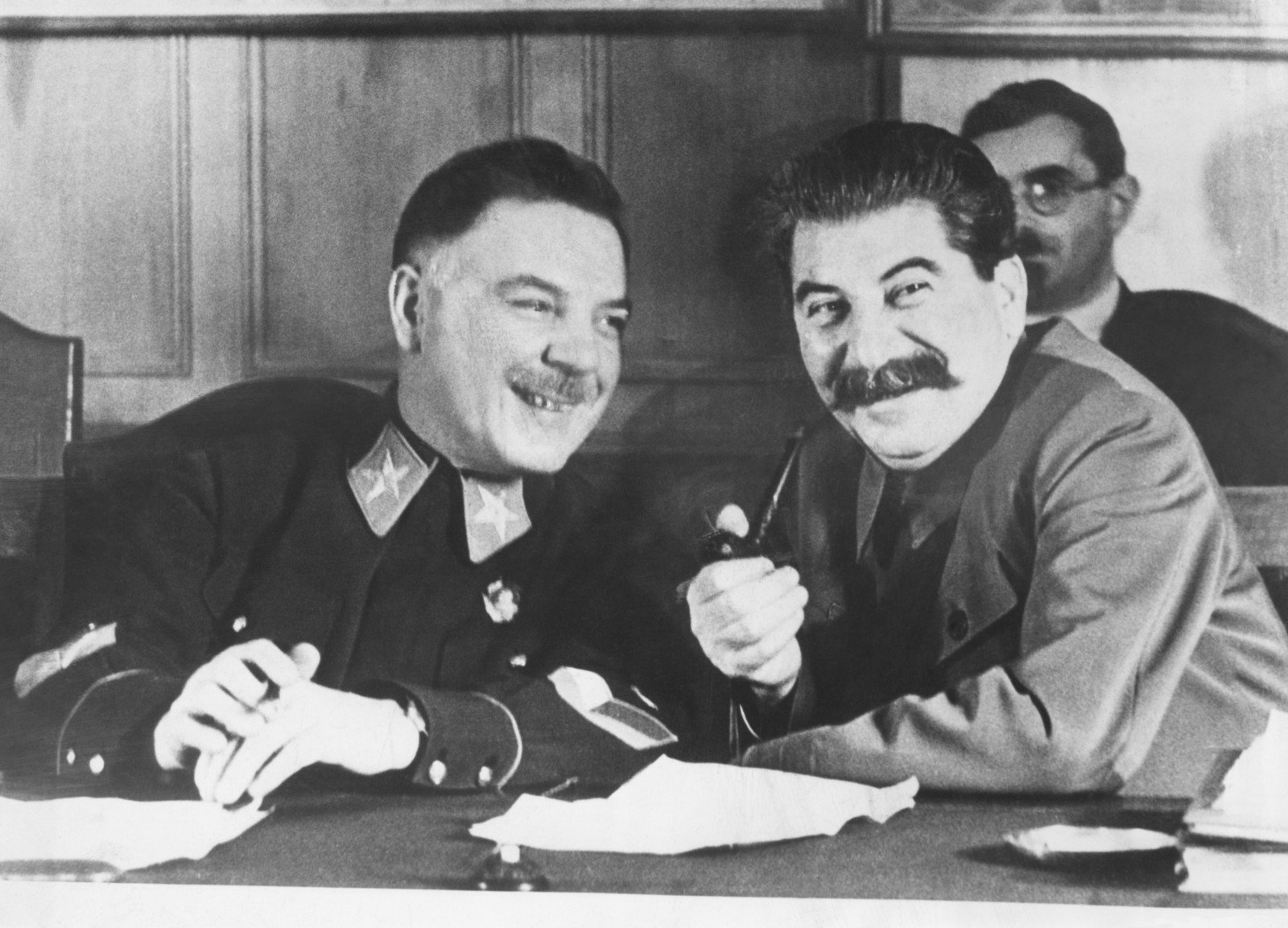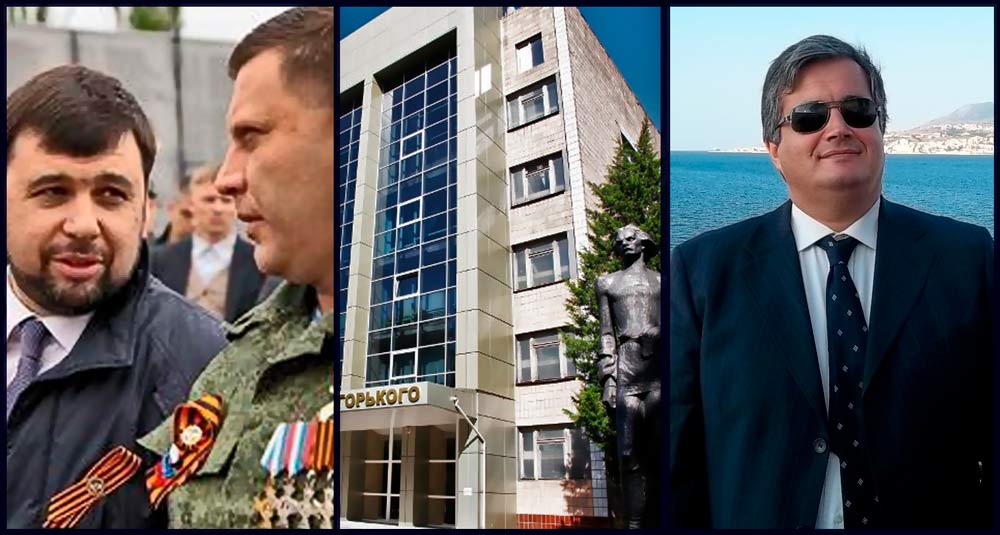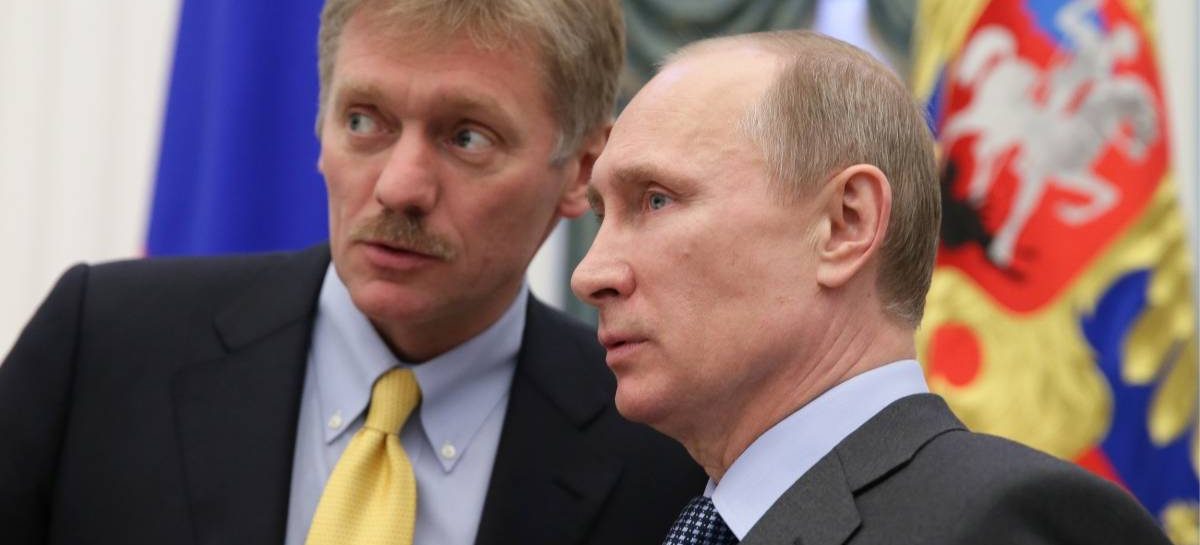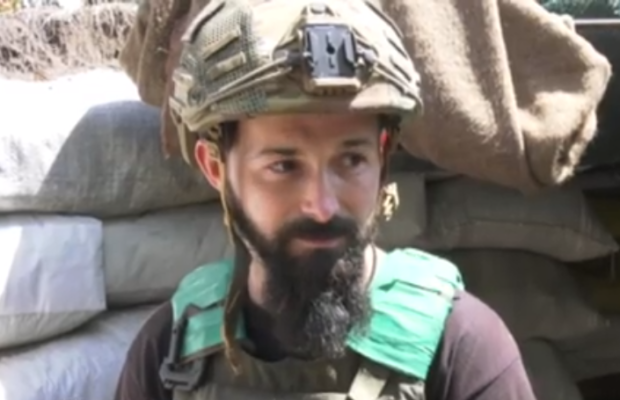Russia's occupation administrations in the cities of Luhansk and Donetsk in the east of Ukraine ordered to use and promote the Stalin-era names of the cities - Voroshilovgrad and Stalino - at the WWII-related events. What may seem a ridiculous decision at first glance, is a part of the full-on propaganda campaign that continues since 2014 in order to mentally separate the residents of the region from the rest of Ukraine and keep them loyal to Russia.
"Voroshilovgrad" and "Stalino"
On 16 April, Leonid Pasechnik, head of the Russian occupation administration of Luhansk, signed a decree named "About using the name Voroshilovgrad City" that orders to use the Soviet-era name of Luhansk on the days of the year related to what Russia calls the Great Patriotic War - the Soviet-German fighting differentiated by the Soviet historians as something much more significant than the rest of the second World War in order to diminish the role of the USSR as a German ally at the beginning of the war.
The preamble of the document gives the following reasoning for the decision, "in order to preserve the historical memory and in light of the 75th anniversary of the Victory in the 1941-1945 Great Patriotic War."
On 23 April the "head of Donetsk People's Republic," Maksim Pushilin, completely mirrored Pasechnik's document to order the use of the name Stalino - the Stalin-era designation of Donetsk - three times a year. The text was copied word-by-word with mere changes such as replacing the Luhansk-related terms with Donetsk's and saying in its last paragraph that the decree "shall enter into force from the date of its signing" rather than "from the date of its publication" as the order issued in occupied Luhansk puts it.
The first paragraph of both documents orders
"to establish as a symbol of the city of Luhansk (or Donetsk in the "DNR" version - Ed.) the name 'Vorohilovgrad (Stalino) City' to be used together with the name 'Luhansk (Donetsk) City' during the conducting of the republic's and city's events that mark the commemoration dates of history of the Luhansk (Donetsk) People's Republic and the city of Luhansk (Donetsk), related to the Great Patriotic War."
According to the decrees, these back-in-the-USSR days are:
- 9 May - "the Day of Victory in the Great Patriotic War,"
- 22 June - "the Day of Memory and Mourning - the day when the Great Patriotic war began",
- 14 February - "the Day of Liberation of Luhansk (Voroshilovgrad) from the German-Fascist invaders" or 8 September for the "Liberation of Donetsk (Stalino)."
The "LNR ministry of culture, sports, and youth" and "DNR ministry of youth, sports, and tourism" are obliged to arrange activities in order to popularize the "historical name Voroshulovgrad (or Stalino) City." And the "ministries of information" should organize "information campaigns to support the popularization of the historical name" on the mentioned days, and ensure extensive coverage of the events backed by the "youth ministries."
Why they pull Stalin-era names out of mothballs now
Putin's Russia inflated the late-Soviet idolization of the "great victory" of the USSR over Nazi Germany in WWII to nearly religious-cult proportions, turning it to a cornerstone of Russia's national identity formation. Every year Russia comes up with various victory-cult-related events that culminate in so-called "immortal regiment" marches across the world and in the military parades in several Russian cities, including the main show-off on Moscow's Red Square. The Luhansk and Donetsk occupation authorities parrot such marches and parades every year, rolling Russian heavy military equipment through central streets of the local capitals.
Read also: Moscow completely restores and promotes Stalinist conception of WW2, Pavlova says
However, this year Russia had to postpone the 9 May parade to an undefined "later date" due to the COVID-19 pandemic. In line with the Kremlin's decision, the Russian-run statelets did the same almost simultaneously within two following days.
The military parades in Luhansk and Donetsk in front of the large crowds comprising Russian supporters and forcibly driven public employees work in a threefold way as a means of propaganda.
Firstly, the picture of mass celebrations shows to locals that Russia has absolute control of the occupied region and that they themselves are just like Russia.
Secondly, the same visuals of "people's support" for the occupation regimes, when they are disseminated in Ukrainian media - no matter what text messages accompany them - serve to convince that the Ukrainians living in the "people's republics" are no longer part of Ukraine, and establish doubts among the audience that there is even a need to de-occupy the region.
And, finally, the same picture promoted by the Russian media for international audiences contributes to Russia's long-standing effort to legalize its occupation authorities internationally as legitimate representatives of the local population.
And anyway, the 9 May parades will be held later in Donetsk and Luhansk simultaneously with those in Russia, since the propagandists still need the picture for all the audiences.
Read also:
- 12 facts about the Donbas that you should know
- Soviet myths about World War II and their role in contemporary Russian propaganda
- The “Great Patriotic War” as a weapon in the war against Ukraine
- Victory Day celebrations “Immortal Regiment”: Russia’s “special operation”
- Control over the past: Russia’s archival policy and Second World War myths
- Putin’s Victory Parade – a horrific Orwellian exercise, Khots says (2017)
- Putin and Stalin fit right in at the “Immortal Regiment” event in Boston (2017)
- Occupied Donbas holds military parade with weapons banned under Minsk agreement (2016)
- Russian neo-Cossacks hold military parade near Luhansk (2014)
- Five lessons for today from the 1939 Molotov-Ribbentrop Pact
- Moscow’s Victory cult intended to keep non-Russians within an empire and former Soviet republics together, Ukrainian commentator says
- Putin using Victory Day cult as Brezhnev did — to distract attention from failures and the future
- Putin needs both: a Great Victory and a Molotov-Ribbentrop Pact
- Defending our memory and pain from Russia’s Victory Day exploits
- Moscow completely restores and promotes Stalinist conception of WW2, Pavlova says
- Putin’s personality cult exceeds Stalin’s ‘by every measure’





